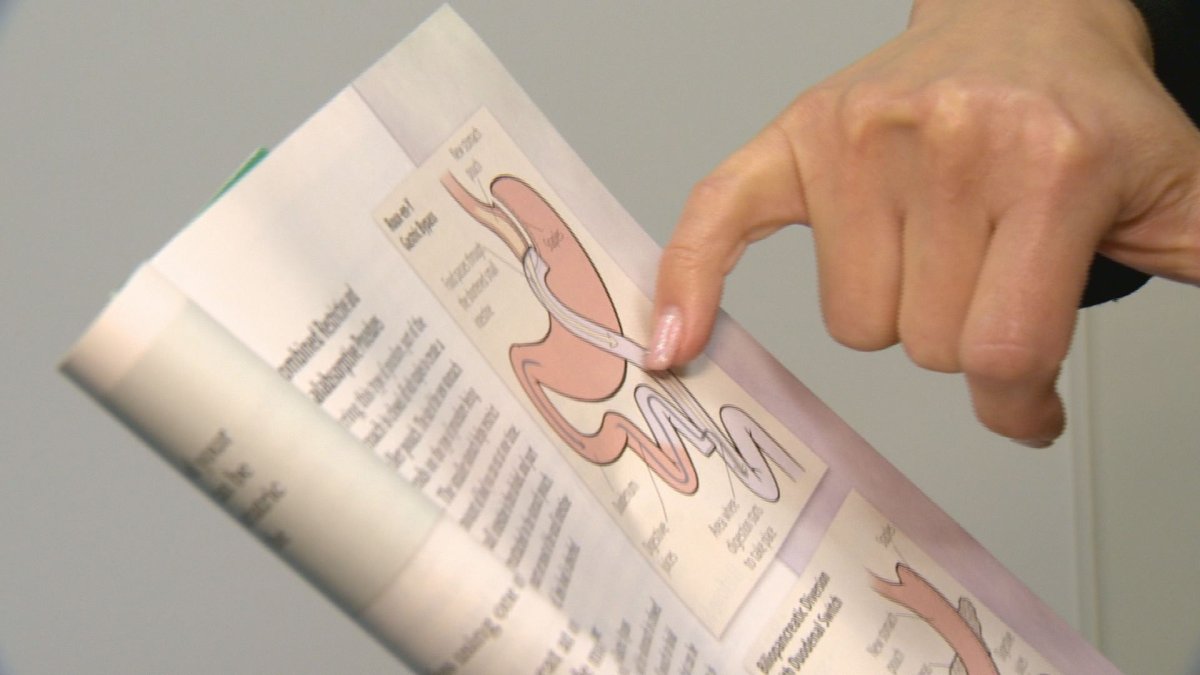REGINA – Joel Sopp loves to show off his before and after photos. In the first, he weighs 440 pounds. Today, he is little over half of his former self.

“I feel like a completely different person too. I went from a size 64 pant down to a 38,” said the insurance adviser from Shaunavon.
Sopp had tried other options – “I tried the personal trainer route and I would get too exhausted too fast,” – but in the end, he turned to surgery as a last resort.
“I was 33 years old in 2009. I was married with two kids,” he explained. “I knew I had a lot more to live for than what my weight would have probably allowed me to live.”
When Saskatchewan’s Bariatric Surgical Assessment Clinic was founded in 2008, one surgeon performed 18 surgeries that year. Today, the number of doctors and patients has more than quadrupled in the province.
“We do about 100 surgeries a year and we currently have 600 to 700 patients on our wait list,” said Lily Anszelada, a manager at the clinic.
A recent report issued by the Canadian Institute for Health Information (CIHI) shows several reasons for the increase, including the fact obesity rates continue to grow. Surgical developments mean that readmission and complication rates are going down.
“Before there was only one major type of surgery that was done, but now there are more. There are three frequent types of surgery,” said Claude Lemay, a spokesperson with CIHI.
The data available only accounts for procedures done in the public system in Canada. The Saskatchewan Ministry of Health doesn’t know how many people are choosing to get the surgery outside of Canada, but with a growing wait list, that’s becoming a bigger concern.
“There is a very good strong comprehensive pre- and post operative care that is provided (in Saskatchewan). Seeking service outside the country – that kind of support is often not there,” said Deb Jordan, executive director of acute emergency services with the ministry of health.
The ministry is looking to open more clinics around the province to provide pre- assessment lifestyle support, which should alleviate pressure since some patients who enter the program eventually decide not to have the surgery.




Comments